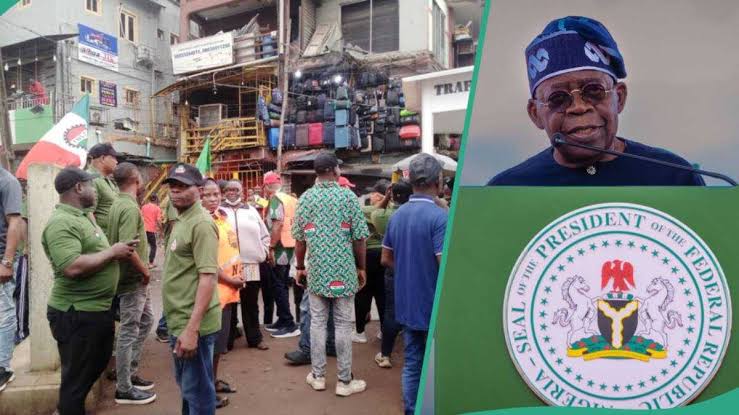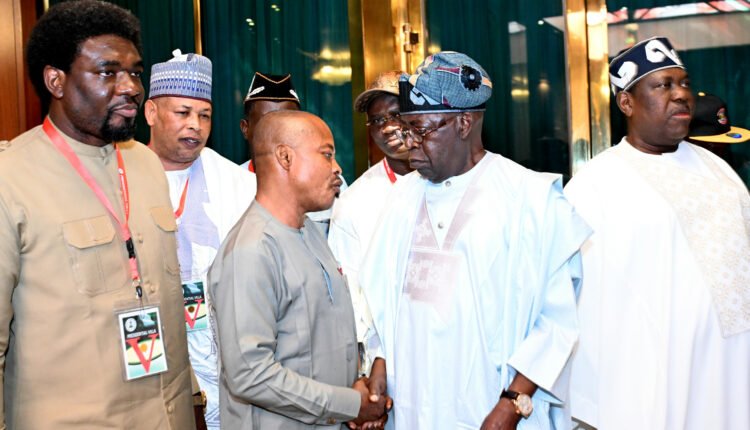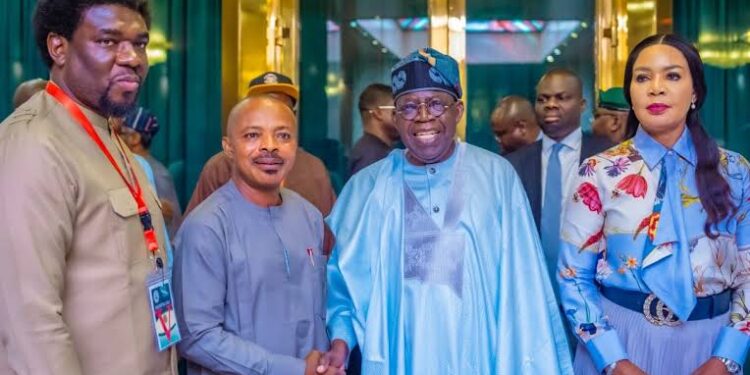President Bola Tinubu’s announcement of a N70,000 national minimum wage has sparked varied responses from stakeholders, highlighting both praise and concern over its adequacy in light of Nigeria’s economic challenges.
Critics argue that the set wage is insufficient to meet current economic realities, pointing to rising living costs and economic pressures. The Northern Youth Council of Nigeria (NYCN), for instance, expressed strong disapproval, advocating for a minimum of N150,000. NYCN President Comrade Isah Abubakar criticized the wage as unsustainable, emphasizing the disparity between the wage and the high cost of living, particularly citing the escalating cost of premium motor spirit (PMS).

Abubakar further questioned the government’s commitment to the welfare of Nigerians, suggesting that the wage proposal could exacerbate economic hardships rather than alleviate them. He underscored the necessity for a wage increase that reflects the true cost of living and supports basic sustenance.
Similarly, voices from civil society, such as Emmanuel Olowu from Democracy Vanguards, expressed disappointment, believing the wage falls short of expectations. Olowu emphasized the need for a wage structure that aligns with prevailing economic conditions and adequately supports the populace.
On the other hand, proponents like Liborous Oshoma, a public affairs analyst, shifted the focus towards broader economic reforms. Oshoma argued that while wage increases are essential, they must be complemented by robust infrastructural development and economic policies that stimulate growth and job creation. He highlighted the importance of creating an enabling environment for private sector investment, suggesting that sustainable economic growth is pivotal to sustaining higher wages.

Ayo Ologun from Transparency Accountability International echoed these sentiments, emphasizing the necessity for a holistic approach that addresses not just wage increments but also market regulation and economic stability. Ologun cautioned that arbitrary wage hikes without corresponding economic reforms could lead to inflationary pressures, undermining the wage’s intended benefits.
The reactions underscore a broader concern among analysts and stakeholders regarding the adequacy and sustainability of the proposed wage increase. Many argue that while an increase is necessary, it must be accompanied by comprehensive economic reforms and infrastructure development to ensure long-term sustainability and prosperity for Nigerians.
In conclusion, while the announcement of a N70,000 minimum wage represents a step forward in addressing wage disparities, its reception highlights the complexities and challenges inherent in balancing economic growth with equitable wage policies. The coming legislative processes will likely be pivotal in shaping the future trajectory of wage reforms in Nigeria.


































